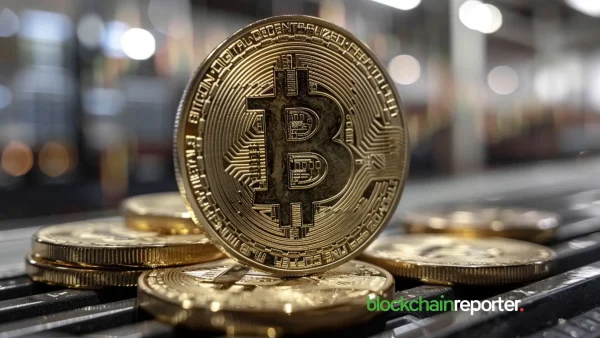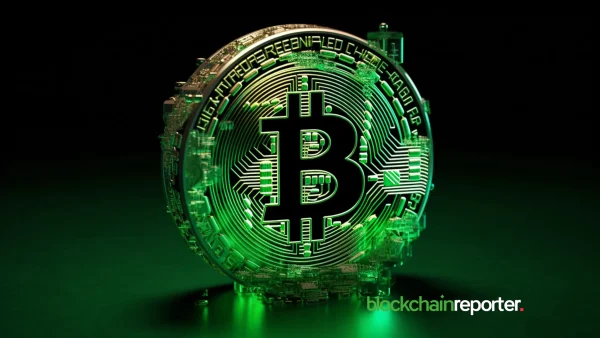
According to a court document, as the deadline for opening bids draws closer, about 117 parties have indicated that they are interested in purchasing units of FTX. Even though the bankruptcy case of the crypto exchange could take several years, the estate has given preference to the sale of LedgerX, FTX Japan, FTX Europe, and the stock-clearing platform Embed. The estate reasons that these assets are the simplest to separate and face the possibility of losing value if they are not sold as soon as possible.
According to a legal declaration made by Kevin Cofsky, a partner at Perella Weinberg, the investment bank hired by FTX Group to represent the defunct crypto exchange, as of Sunday, “approximately 117 parties, including various financial and strategic counterparties globally, have expressed interest to the debtors [FTX] in a potential purchase of one or more of the businesses.”
Kevin Cofsky further stated that crypto exchange FTX had, up to this point, entered into 59 confidentiality agreements. However, the most expressions of interest have been received by LedgerX, which is a derivatives branch of FTX US and one of the few enterprises in the crypto empire to have maintained their overall financial health.
The U.S. Trustee Objects to FTX’s Planned Asset Sales
The U.S. Trustee, which is a division of the Department of Justice (DOJ) that is in charge of overseeing bankruptcies, voiced its opposition to the proposed deal on Saturday, arguing that it would be necessary to protect the privacy of users and that there shouldn’t be any sale of conceivably valuable assets in situations where there are credible accusations of wrongdoing.
The document that was submitted by U.S. Trustee Andrew Vara argued that the companies may hold information relevant to FTX’s bankruptcy and therefore should be subjected to an independent inquiry prior to the sale of the units.
According to the filing, “The sale of potentially valuable causes of action against the Debtors’ directors, officers, and employees, or any other person or entity, should not be permitted until there has been a full and independent investigation into all persons and entities that may have been involved in any malfeasance, negligence or other actionable conduct.”
Given the allegations that the DoJ and other securities and commodity regulators have leveled against former senior executives Sam Bankman-Fried, Gary Wang, Nishad Singh, and Caroline Ellison, as well as their families, FTX stated in a response that it would not sell off any claims that were connected to any of these individuals or their families.
In addition, FTX stated in a document that it filed with the court a month ago that the companies that it intended to sell are fairly independent of the larger FTX group, and that each company has its own distinct customer accounts as well as separate management teams.
Between the 18th of January and the 1st of February, the window for the submission of initial bids for the four different companies will close. However, in another filing on Sunday, a committee that represents FTX’s creditors stated that they “cautiously agree” to move through with the sale, but added that they couldn’t envision the case being rushed.









